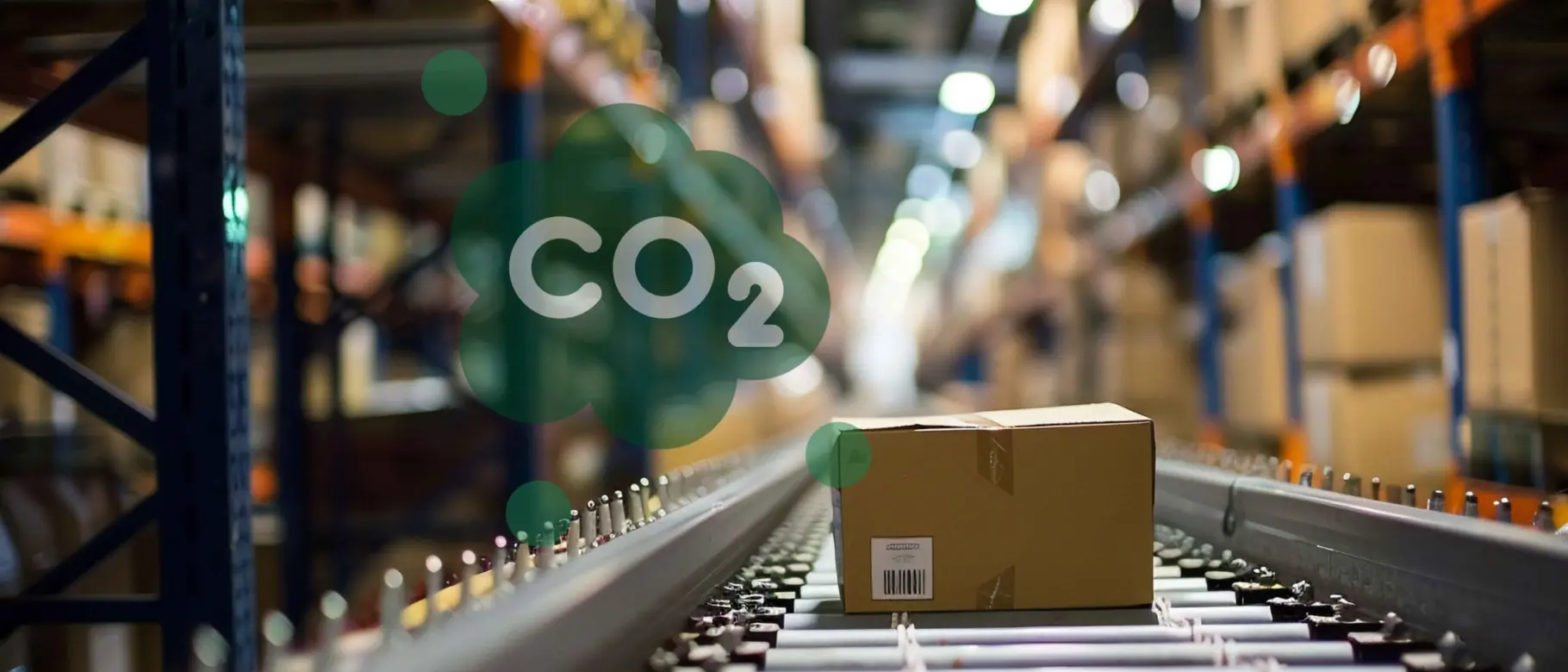
If it’s about the product
Product Carbon Footprint (PCF)
We provide clear CO₂ figures for your product – transparently calculated across its entire life cycle.

Progress is being made - slowly, somewhat bumpily, but unstoppably. The CSRD Directive is here, and it is already having an impact on large companies. Because they have to disclose their CO₂ emissions. And anyone who works with them will soon have to do the same.
And you may now be thinking to yourself: Yes, well, that doesn't affect me. Let the big players do it - they have enough resources. That may be true. But let's turn the tables: imagine you were such a large company and now had to draw up a CO₂ balance sheet.
The direct emissions are not a big problem - once recorded, you're done. But then comes Scope 3, and that's the entire supply chain. In other words, everything that your company purchases, uses or processes. And depending on the industry, this can account for up to 80 % of total emissions. And now: is it going to be exciting or rather exhausting? You sit down and write to everyone who sends you an invoice. Office supplies? Machine components? It's all there. Each supplier should actually provide you with the CO₂ value for their exact service. Sounds like a lot of work? And it is.
Because this is a huge amount of work - and many suppliers are not yet ready - many companies rely on the spend-based method. This means that instead of real data, there are estimated values based on turnover. The problem? This method calculates too much rather than too little. As a result, your carbon footprint often looks worse than it actually is.
80% estimate - and lots of CO₂ on top. The problem? This method is more likely to hit the mark than the bull's eye.
"The uncertainty of monetary emission factors is much greater than the uncertainty of physical emission factors. Monetary emission factors are generally subject to an uncertainty of 80%."
For large companies, this means that you can't do it without real data. And for you as a supplier? If you don't provide your own CO₂ values, an estimate is made - with a large upward buffer. This can put you at a disadvantage compared to other suppliers.
Now imagine once again that you are the big company. One of your suppliers sends you the CO₂ emissions directly with the invoice. No queries, no follow-ups. Simply usable data. Practical? No, worth its weight in gold.
Now you have the choice:
Supplier A: Invoice with CO₂ values
Supplier B: Invoice without CO₂ values
Both are close to each other in terms of price. But who has the better chance of remaining a supplier in the long term? Sustainability is becoming measurable - and many companies now rely on supplier assessments. Some with EcoVadis, others with their own systems. Those who can provide CO₂ data are making themselves irreplaceable.
The CSRD may not affect you today. But it will set off a chain reaction. Large companies have to disclose their emissions - and demand data from their suppliers. And these in turn from their suppliers. Sooner or later, it will be your turn.
And when the time comes? Then you will need precise data from your own suppliers.
At natureOffice, we have over 15 years of experience in CO₂ balancing. Our team knows what's important. And our software? Calculates product carbon footprints precisely and transparently - exactly what you need.
Sounds good? Then try us out. Arrange a free product demo or contact us directly. We look forward to calculating your emissions.